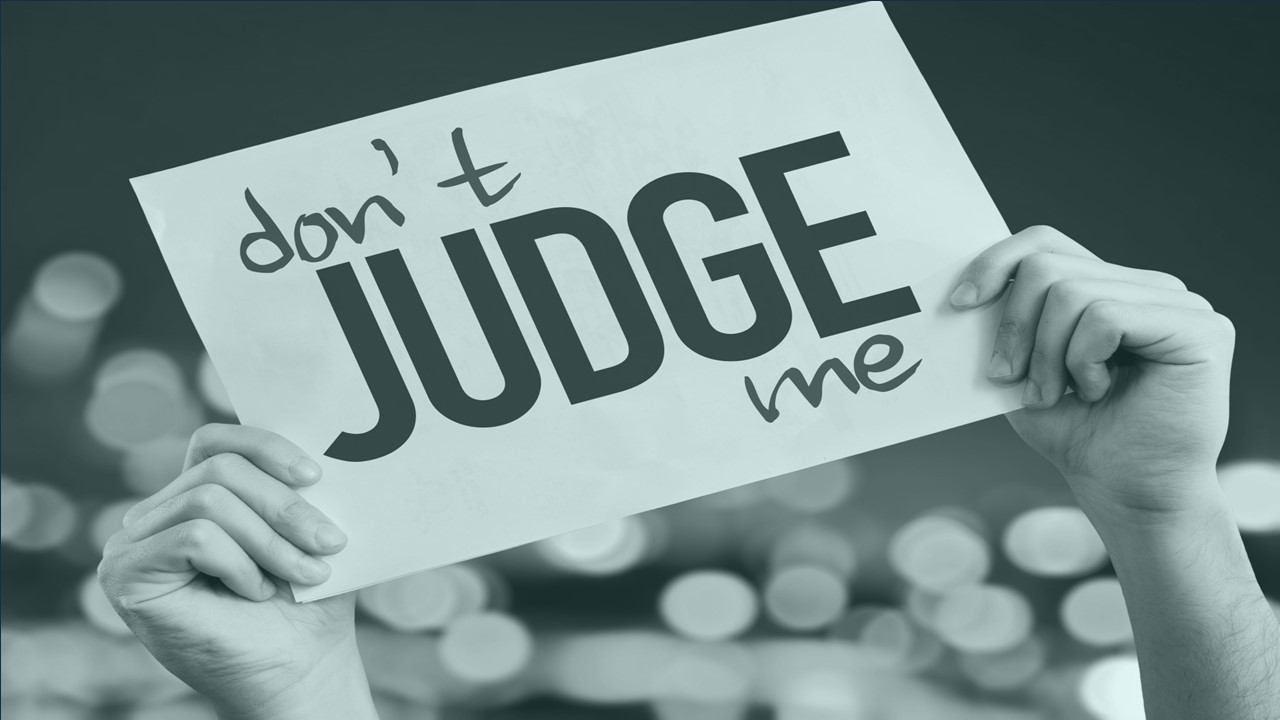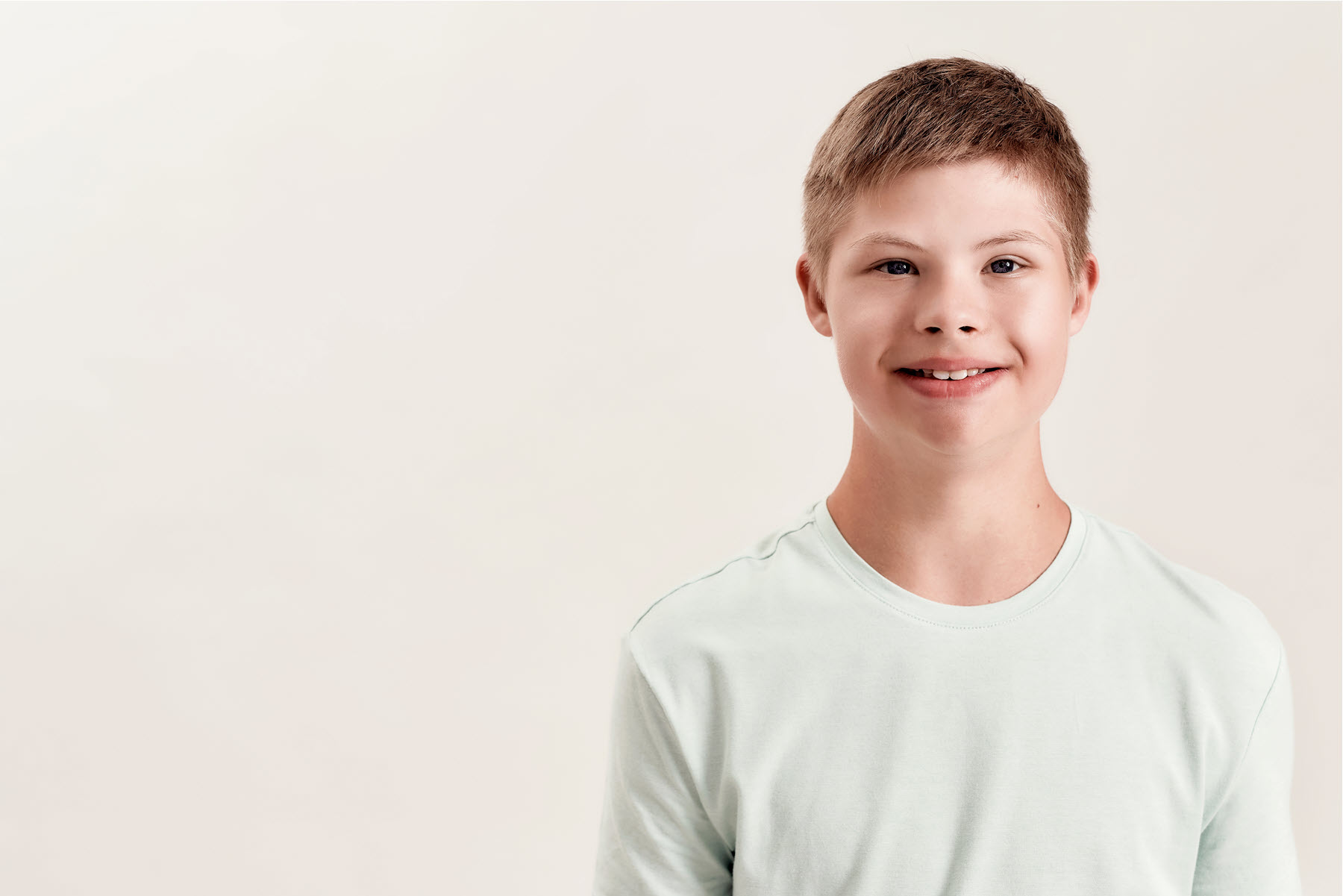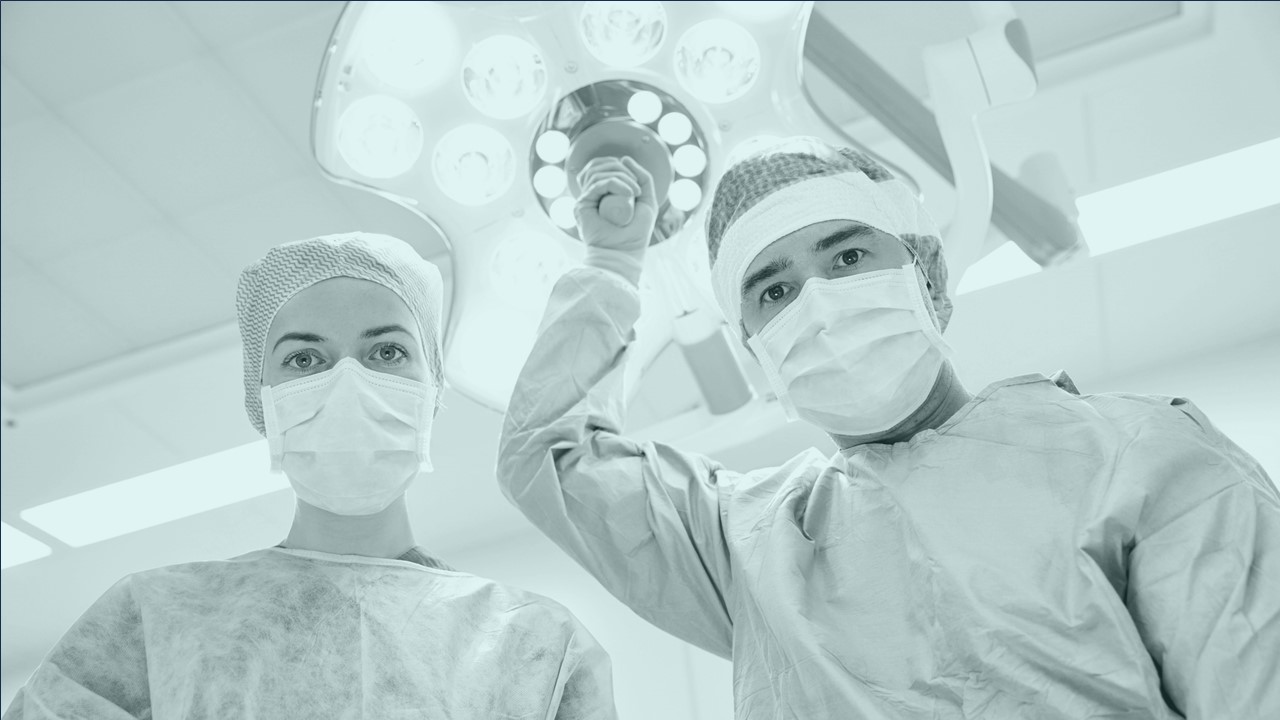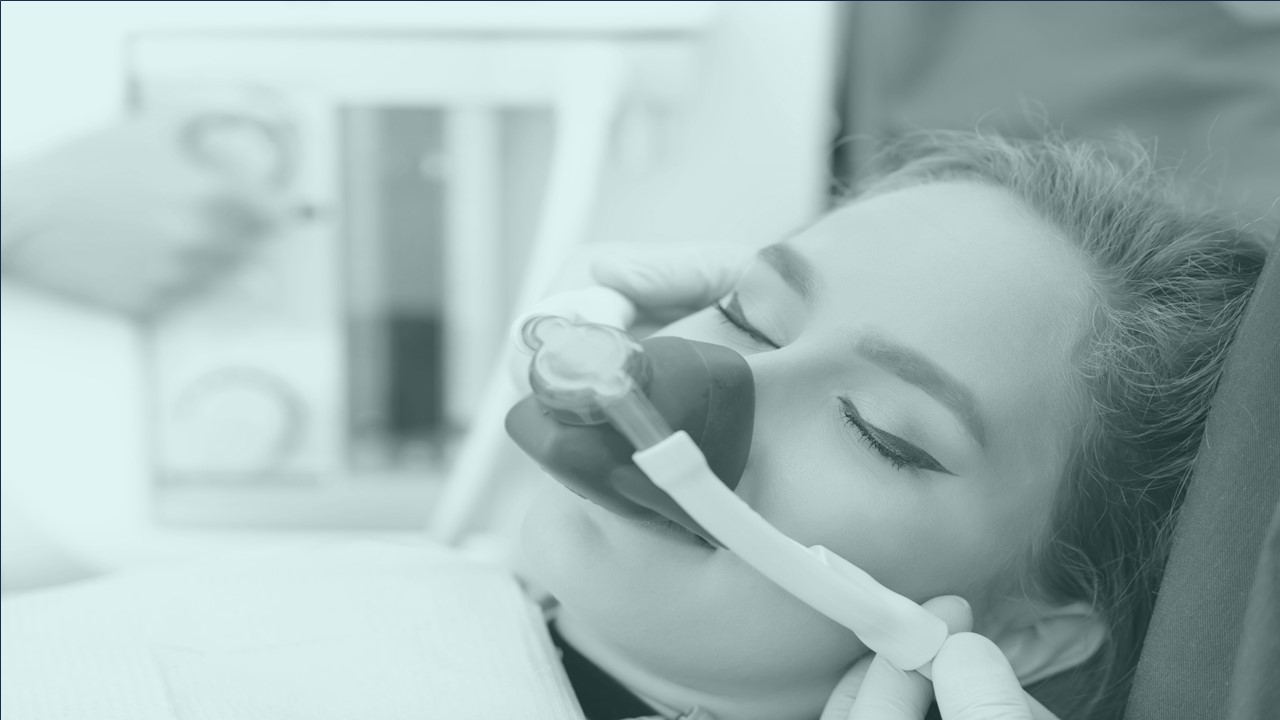Dentistry While Asleep
Introduction To Dental Sedation
Most patients feel nervous about going to the dental clinic. The sounds of dental instruments, the idea of needles, or just being in the dentist’s chair can make some people have dental anxiety or even a stronger dental phobia. Because of this, they might skip the dental visits they need to keep a healthy smile.
But there’s good news here. Dentists in Brisbane offer ways to help patients relax during dental treatment.
One of these methods is dental sedation, provided by Brisbane Sleep Dentistry and IV sedation Dental Clinic and Sleep Dentistry Brisbane, which involves administering medication to ensure the patient is stress-free and comfortable.
So, whether it’s a slight worry or a bigger fear, there’s help available. Dental sedation plays a big part in ensuring everyone gets to keep their dental health on track in a calm and relaxed way.
Different Sedation Levels
In dentistry, it’s not a one-size-fits-all approach, especially when keeping patients comfortable. Because everyone is different, there are several sedation methods to match various needs. Some people might only need a little help to relax, while others might need to be in a deep sleep for the entire duration of dental treatments.
What determines which sedation dentistry method to use?
- The type and length of dental treatments being done. Some procedures are longer and might need stronger sedation dentistry.
- How intense a patient’s dental anxiety, fear or dental phobia is. Some folks might have a strong gag reflex or be scared of pain, so they need more help to relax.
- The patient’s age and general health also play a role. Older or sicker patients might need a different approach than younger, healthier ones.
The Sedation Dentist’s goal is to ensure everyone stays comfortable and relaxed during their dental appointment.

Laughing Gas: Mild or Minimal Sedation
Also known as nitrous oxide, laughing gas is a simple conscious sedation method Brisbane Paediatric dentists use for Kids Dental. It’s breathed in through a mask, helping nervous patients relax and have a pleasant experience during a dental procedure.
In Adults, laughing gas eases anxiety and relaxes patients, but they remain awake and can respond during dental appointments. Nitrous oxide wears off quickly and is great for shorter dental treatments. The biggest benefit? It allows patients to drive home after their dental work. The downside might be that it’s not strong enough for those with severe anxiety.

IV Sedation: Sedation But Not Deep Asleep
IV sedation dentistry, or intravenous sedation, means the sedative is administered intravenously. Though it’s deeper than oral sedation, IV sedation is a form of Conscious Sedation. Patients who receive dental IV sedation might feel like they’re in a “dream-like state”. Some think they were asleep, but they were actually in twilight sedation. They could stay awake and respond if needed, but many feel so relaxed they might fall asleep. IV sedation is ideal for longer dental procedures, ensuring the patient is comfortable for the entire procedure.

Is sleep dentistry safe for patients with mental health disorders?
Imagine you’re about to watch a movie that you’re nervous about, maybe because it’s a genre you’re not comfortable with. Now, think of having the ability to skip the parts you don’t want to see and only wake up for the parts you’re okay with. That’s a bit like how sleep dentistry works for patients with mental health disorders.
- Reduces Anxiety: For many with mental health issues, sitting in a dental chair can be overwhelming. Sleep dentistry allows them to “skip” the stressful parts, making the experience much more manageable.
- Avoids Triggers: Some people might have traumatic memories or triggers related to medical procedures. Being sedated means they won’t be conscious of potential triggering events during the dental treatment.
- Ensures Complete Treatment: Anxiety or other symptoms might make it hard for some patients to sit through a full procedure. With sleep dentistry, they can get the complete care they need without interruptions.
Is it Safe for Them?
Safety is like making sure you’re using the right settings on a device. For sleep dentistry to be safe for patients with mental health disorders:
- Communication is Key: It’s crucial to tell the dentist about mental health conditions and medications. This ensures the dentist picks the right “settings” (or sedation methods) that won’t clash with the patient’s regular medications.
- Professional Oversight: Just like having a tech expert oversee the device settings, having trained professionals administer and monitor the sedation ensures safety. They’ll keep an eye on things, making sure everything goes smoothly.
- Individual Assessment: Everyone’s different. What works for one person might not work for another. So, each patient’s situation should be evaluated individually to determine if sleep dentistry is a good fit.
In simple terms, sleep dentistry can be a great tool for patients with mental health disorders, making dental visits less stressful. And with the right precautions and open communication, it can be a safe and effective option.
How can I manage dental anxiety due to my mental health condition?
Dental anxiety, a common concern among many, can be particularly pronounced in individuals with mental health conditions. The interplay between dental fears and pre-existing mental health issues necessitates a comprehensive, empathetic approach.
Understanding the Intersection of Dental Anxiety and Mental Health
Dental anxiety isn’t merely about fearing the dentist. For those with mental health conditions, it can intertwine with broader anxieties, past traumas, or other mental health symptoms. Recognizing this intersection is the first step in addressing it.
Strategies to Manage Dental Anxiety:
- Open Communication: Encourage patients to discuss their fears and anxieties with their dentist. A dentist informed about a patient’s mental health condition can tailor their approach, ensuring a more comfortable experience.
- Desensitization: Gradual exposure to dental environments can help. Start with non-invasive procedures, like a dental check-up, before progressing to more complex treatments.
- Cognitive Behavioral Therapy (CBT): This evidence-based psychological treatment can help individuals confront and change their negative thought patterns about dental care.
- Relaxation Techniques: Deep breathing exercises, progressive muscle relaxation, or guided imagery can help reduce anxiety levels before and during dental appointments.
- Distraction Techniques: Employing headphones with calming music, watching a ceiling-mounted TV, or using stress balls can divert attention from the procedure.
- Medication: In consultation with a psychiatrist or primary care provider, short-term anti-anxiety medications can be considered for appointments.
- Sedation Dentistry: For those with severe anxiety, sedation options, ranging from nitrous oxide (“laughing gas”) to deeper sedation methods, can be explored.
- Regular Dental Visits: Routine visits can familiarize patients with the dental environment, making each subsequent visit less anxiety-inducing.
- Support Systems: Bringing along a trusted friend or family member can offer emotional support.
- Seek Specialised Care: Some dentists specialise in treating anxious patients or dental treatment of children with special needs. Consider seeking these professionals for a more tailored approach.
Conclusion
Managing dental anxiety in individuals with mental health conditions requires a multi-faceted, patient-centric approach. By combining psychological strategies with clinical interventions, dental care can become a more accessible, less daunting experience for this population. As with any health concern, individual needs vary, making open communication and personalized care paramount.
Are there specialised dentists who work with patients with mental health disorders?
Yes, some dentists focus on or have extensive experience treating patients with mental health disorders. These professionals undergo additional training or are interested in understanding the intersection of dental health and mental well-being.
Mental health disorders can manifest in various ways, influencing an individual’s perception of and response to dental treatments. For instance, a person with severe anxiety might find the sounds and sensations of a dental procedure overwhelming. Similarly, someone with a trauma history might find reclining in a dental chair triggering. Recognizing these nuances is crucial for effective and empathetic dental care.
- Tailored Approach: These dentists employ strategies tailored to the individual’s needs, ensuring the patient feels safe and understood.
- Environment: The dental setting might be designed to be calming, with muted colours, soft music, and a tranquil ambience to reduce potential triggers or anxieties.
- Extended Appointments: Recognizing that some patients might need more time to acclimate, these dentists might offer longer appointment slots.
- Collaborative Care: They often collaborate with mental health professionals, ensuring a holistic approach to the patient’s well-being.
- Education and Training: Continuous education about various mental health disorders ensures they remain updated on best practices and strategies.
- Patient Education: They invest time in educating patients about procedures, ensuring transparency and building trust.
Dental care, a cornerstone of overall health, should be accessible and comfortable for all, including those with mental health disorders. Specialist dentists play a pivotal role in bridging the gap between dental health and mental well-being, ensuring that every patient receives care in an understanding, tailored, and compassionate environment.
How can sedation help me overcome my past traumatic dental experience?
Dental visits, for many, are routine affairs. However, the mere thought of another appointment can be paralysing for individuals who’ve endured negative or traumatic experiences in the dental chair. Sedation dentistry emerges as a hope for such individuals, offering a path to reclaim their oral health without retraumatizing themselves.
A traumatic dental experience can leave lasting impressions, both emotionally and mentally. The sounds of dental instruments, the sensation of procedures, or even the ambience of a dental office can trigger anxiety, fear, or memories of past discomfort. This can deter individuals from seeking essential dental care, jeopardizing their oral health.
The Role of Sedation
- Alleviating Anxiety: Sedation induces a state of deep relaxation. This calmness can act as a buffer, shielding patients from the overwhelming anxiety associated with past experiences.
- Memory Suppression: Certain sedation methods, especially deeper levels, can result in patients having little to no memory of the procedure. This amnesic effect can be beneficial for those who’d rather not retain memories of the dental procedure.
- Pain Management: Beyond the psychological benefits, sedation also addresses physical discomfort. By suppressing pain, sedation ensures that patients don’t relive the painful aspects of their past experiences.
- Controlled Environment: Under sedation, patients are in a controlled environment where their vital signs, comfort, and safety are continuously monitored. This oversight can provide an added layer of reassurance.
Past traumatic experiences need not dictate one’s future dental health. Sedation dentistry, with its multifaceted benefits, offers a compassionate approach, allowing patients to receive the care they need without the distress they fear. By understanding and harnessing the power of sedation, individuals can move beyond their past traumas, prioritizing their oral health in a comfortable, controlled, and caring environment.
Will sedation address pain during the procedure?
While essential for maintaining oral health, dental procedures often come with concerns about potential discomfort or pain. Sedation, a commonly employed tool in dentistry, is frequently misunderstood in its role in pain management.
At its core, sedation primarily induces relaxation and reduces anxiety during dental procedures. It achieves this by depressing the central nervous system to varying degrees, depending on the type and depth of sedation used.
While sedation induces relaxation and can make a patient less aware or entirely unaware of the procedure, it does not inherently provide pain relief. Here’s why:
- Different Mechanisms: Sedation targets the brain’s anxiety and alertness centers, while pain relievers (analgesics) target pain pathways. They operate through distinct mechanisms.
- Complementary Use: In many dental procedures, sedation is used in conjunction with local anesthesia. The local anesthesia numbs the specific area being treated, ensuring the patient doesn’t feel pain, while sedation helps the patient stay relaxed and comfortable.
- Patient Experience: While under sedation, especially in deeper forms, a patient might not remember feeling pain, even if they did experience some discomfort. This lack of memory can sometimes lead to the misconception that sedation inherently provides pain relief.
So, when dentists use sedation, they’re helping you feel calm and relaxed. But to make sure you don’t feel any pain, they also use something else, like a numbing gel or injection, in the area they’re working on. This numbing method is what stops the pain.
In essence, while sedation plays a pivotal role in ensuring patient comfort and reducing anxiety during dental procedures, it does not directly address pain. Pain management during these procedures is typically achieved using local or, in some cases, general anesthesia. For patients, understanding this distinction is crucial to setting appropriate expectations and ensuring a comfortable, pain-free dental experience.
Sleep Dentistry: Complete Sedation
In sleep dentistry, a general anaesthetic is used, making the patient completely unaware of the dental surgery or treatment. This type of anaesthetic is reserved for specific dental procedures, like complex dental surgery, or nervous patients with an intense dental phobia. One of the benefits of sleep dentistry is that it ensures a pain-free experience for those who might find dental care overwhelming.

Special Needs Children
In paediatric dentistry for children with special health care needs, the approach is both gentle and grounded. It’s about understanding not just the dental condition but the child behind it and their emotions and comfort.
First, we listen. Each child is unique. Their needs, fears, and comforts tell us how to proceed. This is crucial. We can’t treat them well if we don’t understand them first.
Next, we adapt. Our tools and methods flex to fit the child, not the other way around. For some, laughing gas eases the journey. For others, sleep dentistry under general anaesthetics is the path we take. These aren’t just clinical decisions; they’re personal, tailored to ensure safety and minimise fear.
We also focus on communication. Clear, simple explanations help. They empower both the child and the parents. Understanding what will happen reduces fear and builds trust.
Safety is our bedrock. Every procedure and choice is weighed against it. This is where experience in sedation dentistry shines. It’s not just about the right sedation choice; it’s about foreseeing challenges and meticulously planning.
Lastly, we foster an environment of care. The clinical setting transforms into a place of warmth and understanding. It’s a team effort, from specialist kids dentists to nurses, all focused on one goal: ensuring the dental visit is as positive an experience as possible.
In essence, paediatric dentistry for children with special needs is more than treatment. It’s care, understanding, and adaptation, ensuring that each child receives the dental care they need in a way that respects their individuality and promotes their wellbeing.

Pros and Cons of Sleep Dentistry in a Dental Procedure
Sleep dentistry, which involves using general anesthesia during dental procedures, has become an essential tool for patients with severe dental anxiety, among other reasons.
Benefits of sleep dentistry:
- Severe Dental Anxiety Relief: Sleep dentistry offers extremely anxious patients a way to receive needed dental care without the associated stress.
- Multiple Treatments: For those requiring multiple procedures in one visit, sleep dentistry allows everything to be done in one session while they sleep.
- Sensitive Teeth and Gag Reflex: People with extremely sensitive teeth or hypersensitive gag reflexes can undergo a procedure without discomfort.
Downsizes of Sleep Dentistry:
- General Anesthesia Risks: Any procedure involving general anaesthesia carries a set of medical risks, which are very rare but can be serious.
- Longer Recovery: The recovery from general anesthesia may take longer than other sedation options.
Cost: Sleep dentistry might be costlier than other methods, depending on the dental clinics and the region.

Safety and Precautions During Sleep Dentistry Procedures
Ensuring the safety of the patient during the sedation process is paramount. Here’s what you should know:
- Trained Professionals: Only qualified and trained professionals should administer general anesthesia in a dental clinic. It ensures that the patient is safely monitored throughout the procedure under sleep dentistry.
- Communication: Before undergoing any dental procedure with sleep dentistry, it’s essential to discuss your medical history, current medications, and any allergies with your dentist. It ensures that the General Anaesthesia and other aspects of the procedure are tailored to your specific needs.
- Possible Side Effects: Some patients might feel groggy, dizzy, or nauseous post-procedure. It’s essential to arrange for someone to take you home and avoid any strenuous activities for the day.
Aftercare: After the procedure, follow the post-operative instructions given by the dentist diligently. It ensures the recovery process is smooth and free of pain or complications

Understanding Your Treatment & Financial Commitments
Navigating medical and dental procedures can be overwhelming, especially when it involves the complexities of insurance, different fee structures, and scheduling. Pure Dentistry Dentists in Brisbane prioritise transparency and patient education. Below, we’ve detailed everything you need to know about your proposed treatment plan, the associated costs, and our policies to help you make informed decisions:
Fee Breakdown
Your treatment plan encompasses three (3) distinct fees: Dental, Hospital, and Anaesthetist. Each plays a pivotal role in ensuring a smooth and safe procedure.
- Hospital: If you possess health insurance, hospital fees might be covered based on your specific policy. It’s imperative to contact your health fund to verify any out-of-pocket or excess charges.
- Anaesthetist: Payment for the anesthetist needs to be settled directly to them seven (7) days before the procedure. Once the procedure date is finalised, we’ll share the Anaesthetic rooms’ details. The anaesthetist fees are time-based and might vary. Medicare typically offers partial reimbursement.
- Dental Surgery: Full payment to Pure Dentistry is due seven (7) days before your treatment. There could be instances where the final cost changes if our clinician deems an alternative treatment necessary for your well-being. In such cases, we’ll reimburse the difference or require an additional payment. Our team will contact you regarding these changes, and immediate payment for any extra charges will be needed within 24 hours. Any refunds will also be processed accordingly. Remember to approach your health fund with the issued invoice if applicable.
Typically, invoices will be dispatched within 24 hours of the procedure’s completion.
Scheduling & Availability
Our sedation dentists have limited monthly slots at the hospital. Be proactive in your planning to reserve a slot. If you haven’t secured a procedure date post-consultation, kindly contact us on 0733434869.
Cancellation Policy (subject to change)
Life can be unpredictable; however, we’ve established a structured cancellation policy to ensure efficient operations:
- No Penalties: Reschedule or cancel your booking without any charges up to 2 weeks before the procedure.
- 2 Weeks Notice: A cancellation fee equating to 20% of the procedure cost applies if changes are made within two weeks of the procedure.
- Last-Minute Cancellations: We advise against cancelling within three (3) days of the procedure. However, unforeseen circumstances like no-shows, non-cooperation with anaesthesia, or not fasting may lead to a fee of 50% of the procedure cost.
Exemptions
While we strive to maintain the integrity of our booking system, we also recognise that certain critical circumstances cannot be avoided.
- Certain critical situations warrant exemptions from the above fees:
- If deemed “unsafe” for surgery due to health reasons by the anaesthetist. A medical certificate, approved by the treating anaesthetist, is required if another doctor advises against the treatment.
- Extreme events that inhibit access to the hospital.
- A family emergency preventing a trusted adult or support person from accompanying you.
Booking Confirmation & Follow-Up
This letter isn’t a booking confirmation. We await your confirmation to finalise the date. If we have not heard from you two weeks after sending this letter, we will begin our follow-up process for you to ask any questions regarding treatment, finances or others. All Dental General Anaesthesia (GA Dentist) bookings require a 50% security deposit.